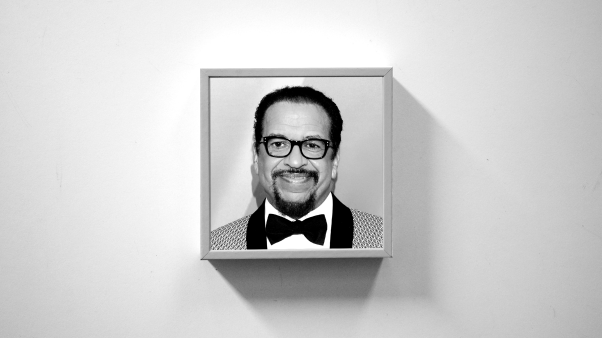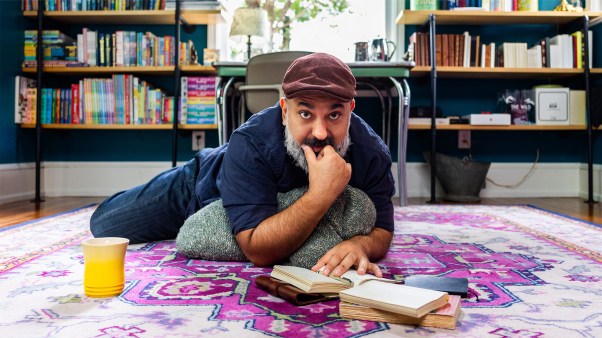In the troubled Philippine islands, evangelical Christians are hoping for the best—and preparing for the worst. One year after a bloodless revolution swept Corazon Aquino into the presidency, political instability has intensified.
The churches affected most are congregations in the remote regions where the communist New People’s Army is most active. Last year, 53 Christian and Missionary Alliance churches were forced to close their doors when entire villages relocated to safer regions.
Despite the upheaval, major evangelical denominations continue to add new churches at an annual rate of 12 to 20 percent. “The socio-political problems and dangers seem to contribute to church growth,” said Ben de Jesus, president of the Christian and Missionary Alliance Churches of the Philippines. “More people are looking for something to hang on to.”
A Communist Challenge
Church leaders cite communism as a threat that endangers their country’s future. The prospect of a strong communist movement is both frightening and motivating for Filipino Christians.
“We have the opportunity to evangelize now, so we must redouble our efforts,” said de Jesus. “We don’t know how long we will have.”
This sense of urgency has brought about greater unity across denominational lines. “Christian people of all persuasions are beginning to come together to talk,” said Oscar Baldemor, general director of the Conservative Baptist Association of the Philippines. “Formerly they might have emphasized their differences, but now they have a common enemy.”
An example of Christian unity can be found in Davao, the major city in the southern island of Mindanao. With the city surrounded by guerrilla groups, Davao’s three major evangelical associations have joined forces in an aggressive evangelism program.
“In the last few months, there has been an upsurge of interest in evangelism,” said Manuel Ojoylan, chairman of the Davao City Ministerial Fellowship. “Christians are more bold in witnessing, so that now many Bible studies are under way, as well as nightly fellowships.”
A New Social Consciousness
Added to such evangelistic initiatives is a new social consciousness among Christians. Church leaders say evangelicals are more likely now than they were last year to take a strong stand for their convictions.
Evangelicals in the Philippines can be found at every point along the political spectrum. Many support the Aquino government, while others back former defense minister Juan Ponce Enrile because of his strong anti-Communist stance. Some remain Marcos loyalists, and a few take positions to the left of Aquino.
“The revolution has awakened the evangelical church to the need to be more involved and visible,” said Baldemor, of the Conservative Baptist Association. “They want to be heard on issues that affect the nation.”
“There has been growth in social awareness and political involvement,” said Isobelo Magalit, pastor of Diliman Bible Church in Quezon City. But he added: “It would be helpful if evangelicals could speak with one voice, and if that voice could be more nonpartisan.”
Magalit said the evangelical church should become a “critical collaborator,” a phrase used by Cardinal Jaime Sin to describe the relationship of the Roman Catholic Church to the Marcos government. Last year, Magalit’s church was one of the few evangelical groups that joined Catholics at the barricades in the tumultuous days preceding Marcos’s departure.
Evangelicals were concerned last year when many Catholic Filipinos credited the Virgin Mary for their success in ousting Marcos. “We say it was God who did it,” said Baldemor. “… We know if we don’t do something, we will be overtaken by the religion of the majority.”
The Catholic church, which claims 85 percent of the Philippine population, continues to exercise considerable political influence. “Catholic bishops are involved in every aspect of government,” said Baldemor, “either directly or indirectly.”
Nevertheless, evangelicals are free to worship and evangelize. “Opportunities to evangelize are wider than we ever dreamed of,” Baldemor said. “People are looking for something that will give them stability; peace in their troubled hearts. The Philippines is now more open to the gospel than we have ever seen before.”
By Sharon E. Mumper.










